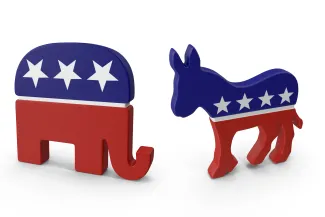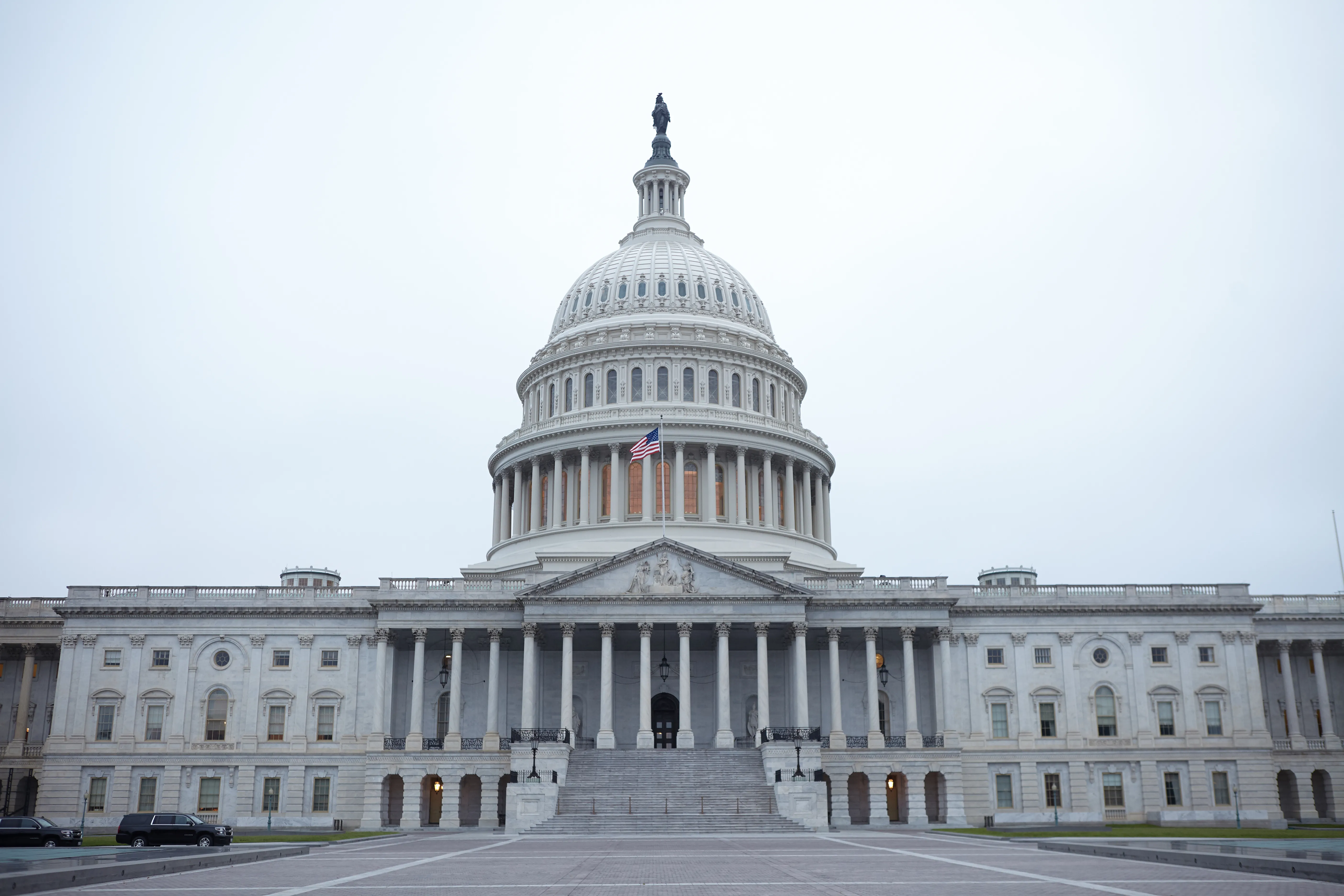
Colorado’s unique tax-limiting amendment could face legal challenge from Legislature
Colorado Democrats want to pursue a lawsuit challenging a state constitutional amendment that limits how much tax revenue the state can retain and spend, a Colorado-specific provision that Democrats have criticized for a long time over its restraints on the state budget.
House Joint Resolution 25-1023 would direct the Legislature’s legal arm to sue over the constitutionality of the Taxpayer’s Bill of Rights. It passed the House Finance Committee on a 7-6 vote on Monday night.

© fitimi - iStock-528483210
“TABOR is not sacred. The constitution is. When a state law breaks a system of government that the constitution was built to project, we have a duty to challenge it,” said resolution sponsor Representative Sean Camacho, a Denver Democrat.
The resolution is sponsored by Camacho, Representative Lorena Garcia of Adams County, Senator Lindsey Daugherty of Arvada and Senator Iman Jodeh of Aurora, all Democrats. It has over three dozen other Democrats signed on in support, including members of leadership in both chambers.
The litigation considered in the resolution would challenge TABOR in state district court on the basis that it limits Colorado’s functioning as a republican form of government as guaranteed by the U.S. Constitution.
“Can a state call itself a republican form of government if its elected representatives of the people are constitutionally barred from governing?” Camacho said. “Under TABOR, this legislature is prohibited from making critical fiscal policies … without launching a costly campaign, raising money and rolling the dice in an election cycle.”
A 2011 constitutional challenge to TABOR was dismissed in 2021 in federal court on technical grounds because the court determined the lawsuit had the wrong plaintiffs. Sponsors say the resolution would allow the courts to finally settle the question.
“The courts could come back and say TABOR is 100 percent constitutional and that would be fine too. But I think we have an obligation to figure out whether or not it is,” Camacho said.
More fiscal flexibility
Colorado voters approved TABOR in 1992. Broadly, it sets an annual cap on state spending determined by population and inflation. If the state collects more revenue than that cap, it must refund the money to taxpayers through a variety of mechanisms, such as temporary income tax reduction or flat check sent to taxpayers.
A recent forecast from the nonpartisan Legislative Council Staff predicts that the state will collect about $618 million over the cap set by TABOR in the 2026 fiscal year.
TABOR also requires voter approval for tax increases in the state. In 2023, for example, voters rejected a proposition that would have let the state keep more money than allowed under TABOR in order to fund a property tax rate cut.

© iStock - Ligorko
But as the cost of some state programs, such as Medicaid, grow faster than consumer inflation, TABOR limits how much the state has left over to pay for non-mandatory programs. Democrats say it’s partially why the state faced a $1.2 billion budget hole this year, which will likely be filled by an array of program repeals and agency cuts.
“The point of this is to be able to have a more flexible fiscal policy in this state that allows us to be responsive to the needs of the community,” Garcia said. “That doesn’t mean extraction of more taxes, but it would mean being flexible with how we use the revenue we have.”
Representative Bob Marshall, a Highlands Ranch Democrat, during the committee hearing questioned whether allowing a lawsuit would open up every citizen-referred initiative to litigation, such as the recently approved constitutional amendment to enshrine abortion rights in the state constitution and another measure directing lawmakers to spend $350 million on law enforcement and public safety. Witnesses responded that court cases all stand on their own, so there wouldn’t be such unintended consequences.
People representing educational associations, health care organizations, left-leaning economic groups, former lawmakers and lawyers from the previous TABOR challenge case testified in support of the resolution. They repeatedly pointed out the unique nature of TABOR in Colorado, as no other state has such a system.
“Although TABOR has had decades of significant negative impacts on Colorado’s finances, similar proposals have surfaced in other states in the past decade. However, not one of those proposals was approved,” said Maggie Gómez, the Colorado state director for the State Innovation Exchange.”It’s obvious that other states don’t believe TABOR is a risk worth taking.”
The opposition primarily comprised individual citizens who argued that TABOR set limits on a growing government and allows voters to have a say in state spending.
“TABOR ensures government lives within its means and gives people the final say on tax increases,” said Hope Scheppelman, the former vice chair of the state’s Republican Party.
Republicans will likely uniformly oppose the resolution. It needs a simple majority in both chambers to pass. Democrats control strong majorities in the state House and Senate.
“TABOR is the protection of the taxpayer. When the government overtaxes you, they have to return the money back to your pocket,” said Representative Ron Weinberg, a Loveland Republican. “This bill looks to overrun and override a basic transparency between government and the taxpayer.”
The resolution now heads to the full House for consideration.















